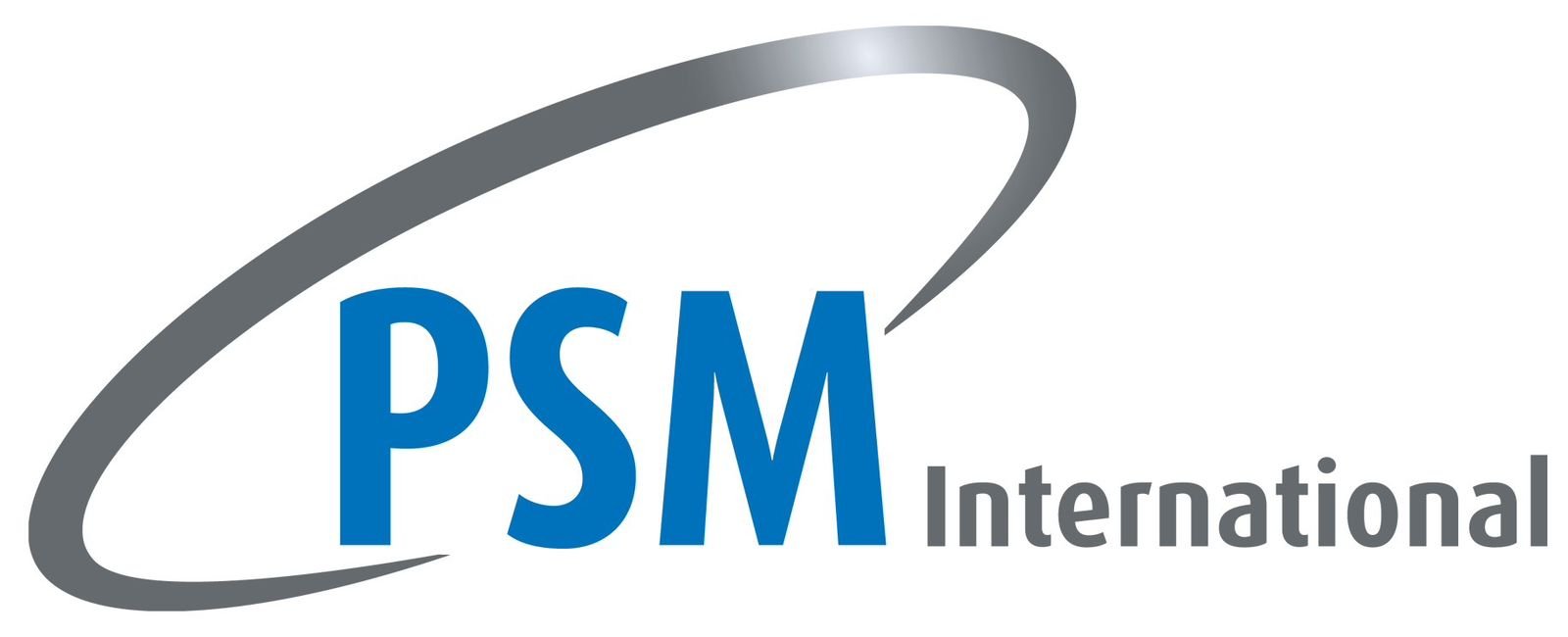Tri-Step Inserts

PSM TRI-STEP™ Inserts freely locate more than two-thirds into the hole, reducing the installation stroke by 60%.
Additionally, it requires little to no dwell time and produces no spring-back, further increasing productivity.
Aluminium versions maximise cost reduction without sacrificing performance.
TRI-STEP™ Inserts provide the ease-of-location and hole-centering benefits of a tapered insert, while eliminating the inherent drawbacks of a tapered design.
Conventional Tapered Inserts
New Tri-Step Inserts

Tapered inserts often produce plastic flash, resulting in secondary de-burring processes and added costs.
New Trip-Step Inserts

TRI-STEP™ Inserts are installed quickly and efficiently, and do not produce plastic flash.
Tri Step FAQs
How are Tri-step Inserts Different from other inserts for plastics?
TRI-STEP™ Inserts feature an opposing helical knurl pattern along with a series of annular vanes. This unique design is the basis for the performance benefits of the TRI-STEP™.
What are the benefits?
TRI-STEP™ Inserts provide reduced installation time & cost – in addition to higher performance – compared with conventional inserts.
How will Tri-Step Inserts lower my cost?
70% of the TRI-STEP™ Insert freely locates into the stepped hole, reducing insertion travel by 60%, and increasing the speed of installation. When using aluminium, there is also a dwell time savings compared to conventional brass inserts. It produces no plastic flash, so any secondary de-burring processes are eliminated, further lowering cost.
Are there different types of Tri-Step Inserts?
Yes! TRI-STEP™ Inserts are available in a High Strength version (TST) and a Thin Walled version (TTW). The TST is ideal for automotive & industrial applications requiring the highest strength performance. The TTW can replace the majority of commonly used parallel and tapered inserts, including our industry standards as well as commercial equivalents. Additionally, the TTW is available in a Mini Aluminium version that is ideal for notebooks and other hand-held consumer electronics. (Mini Aluminium Insert data is available on our website.)
What materials are available?
The most common materials would be brass and aluminium. Our automotive customers have been switching from brass to aluminium because it offers maximum installation cost reduction; 40% higher thermal conductivity means it heats quicker and cools quicker. Aluminium also offers a 66% weight reduction.
How are Tri-Step Inserts installed?
TRI-STEP™ Inserts are designed for post-moulded installation into thermoplastics. PSM recommends heat for post-moulded installation. However, they can also be installed ultrasonically.
I have an existing application. How easy is it to switch from my current insert to a Tri-Step Insert?
In most instances, it would be as easy as switching to a stepped pin in your plastic mould.
*We would be pleased to review your insert application and propose the most cost-effective solution. Please contact PSM or your local representative.
Dimensions


Available Materials
- Aluminium (A)
- Brass (B)
- Steel – Zinc Nickel Plated (S)
- Stainless Steel (STST)
Metric High Strength (TST)

Metric Thin Walled (TTW)

Unified High Strength (TST)

Unified Thin Walled (TTW)

How to Specify (Metric Examples)

Design Guide
Hole Preparation
The specified hole diameters apply at the bottom of each bore, with a tolerance of -0.00 / +0.10mm. The hole depth should ideally exceed the insert length by 0.5mm. A 1 ° inclusive moulding taper must be used, slightly increasing the hole diameter at the top of each bore.
Installation
The insert may be installed using either a pre-heating process or by using heat generated by Ultrasonics. An insert at the correct temperature should soften the plastic without melting, allowing plastic to flow into the knurls and vanes. Excessive heat can affect insert performance and generate plastic flash on the top surface of the boss. Inserts should be installed flush to slightly proud, relative to the top surface of the boss, never sub-flush.


ISO Metric

Unified

